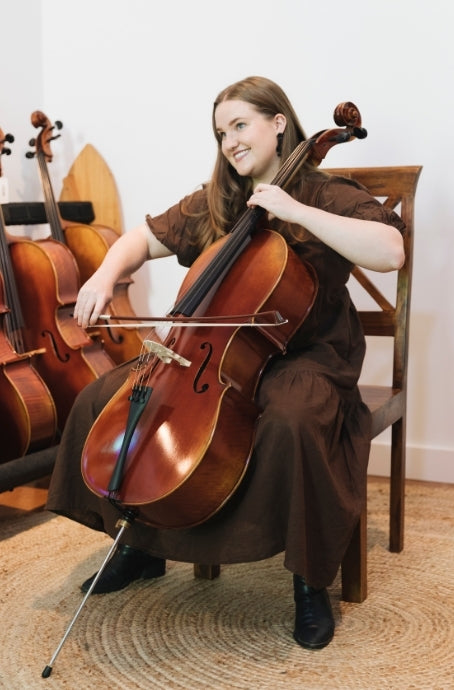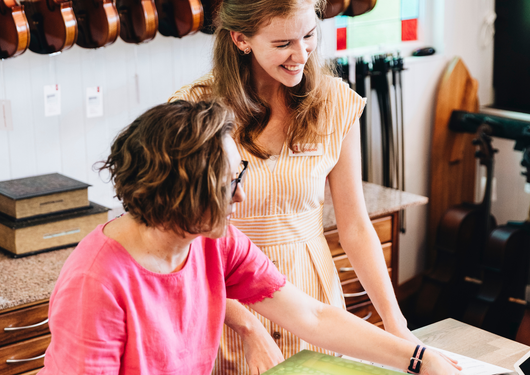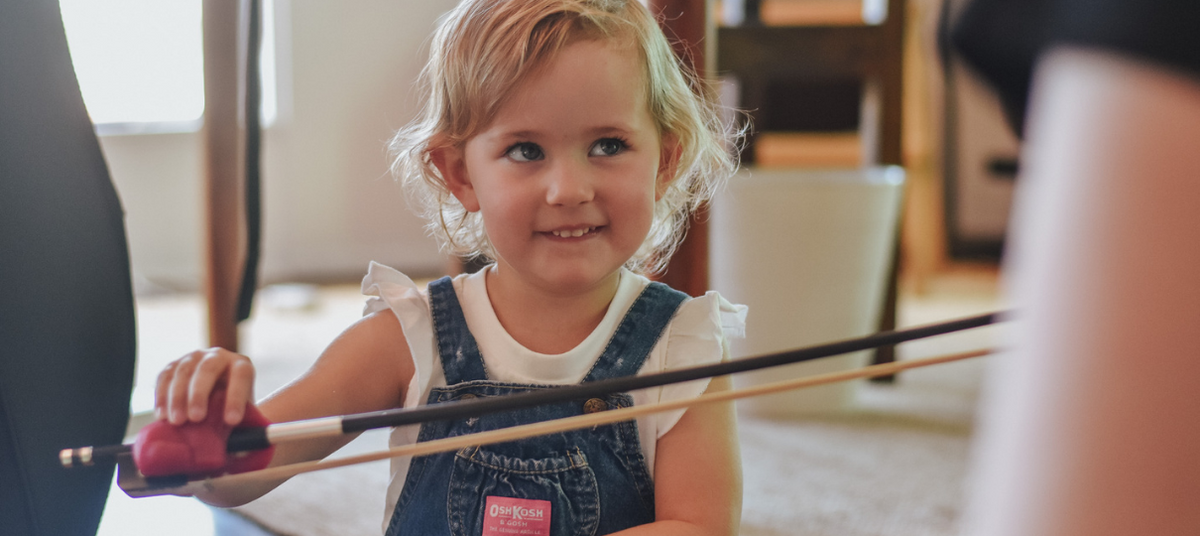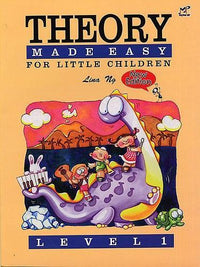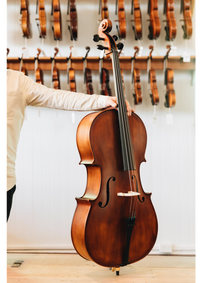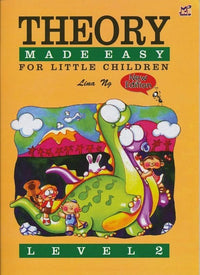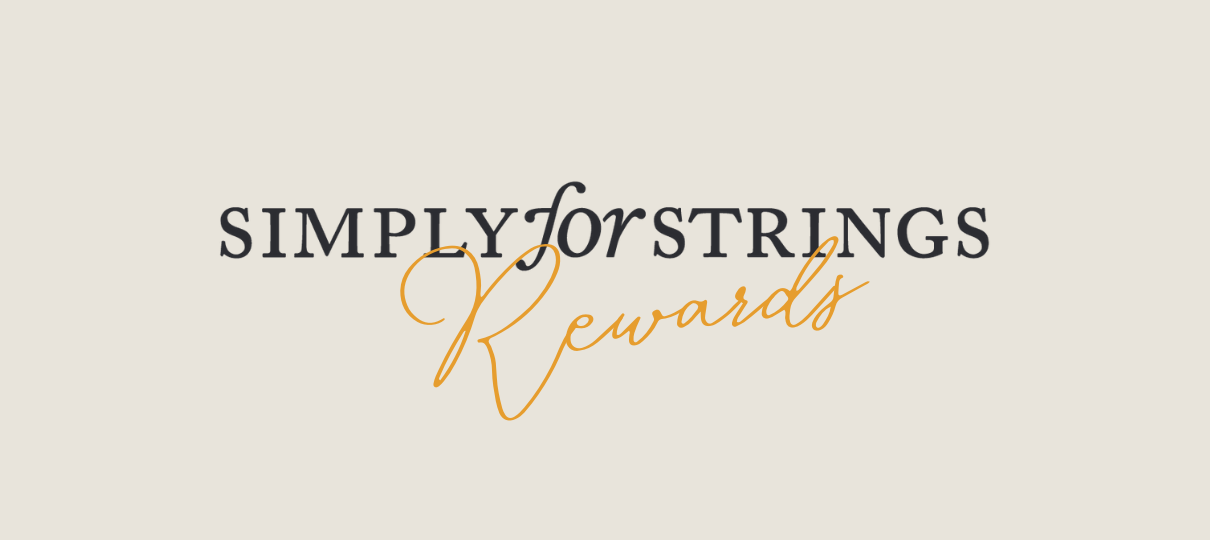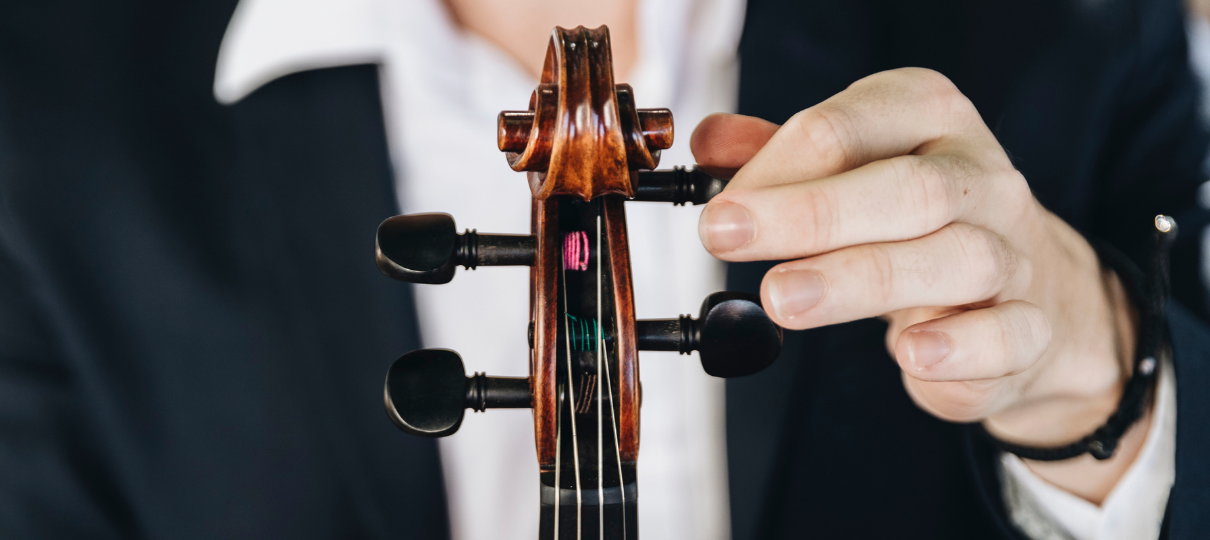There’s something special about the relationship children have with music. To an outsider, it seems as though their childlike wonder paves the way for a connection with music on a totally different plane.
We’ve all seen it. The viral video of the baby’s emotional reaction to his mother’s voice. The toddler in the cafe seemingly dancing to a television ad jingle. The shelves and shelves of play instruments at every toy store that draw crowds of fascinated littlies.
Most children have an affinity with music. This could be because of the nursery rhymes they were sung as infants, or because they were exposed to (mostly) magnificent tracks back when they were in mum’s tum. But most likely, it’s because children are naturally curious and innately welcoming of things that feel good.
And the ultimate feel-good sensation? Hearing music that reaches out, pulls you in and takes you on a journey. That makes you hop up and down on the spot because the song’s energy is just that potent. The sound of your mother’s singing voice.
For the child living in 2022, the world is a big, bright, stimulating place. Youtube videos, hyper-responsive tech toys and mainstream pop culture. How can Wolfgang possibly compete with The Wiggles?

But first, why the fuss over classical music for little ones anyway?
Classical music listening for infants and small children gained serious momentum when the ‘Mozart effect’ was released in a journal in 1993. The principle of this work? That listening to classical music boosts intelligence.
The BBC writes that the reception to this news was so widespread and so warmly received, that in 1998, the Governor of the State of Georgia, USA, requested that the state budget account for a classical music CD for every newborn.
The news outlet goes on to say that around this time, psychologist Sergio Della Sala visited a mozzarella farm in Italy. The farmer was proud to tell Mr. Della Sala that his buffalo were treated to 3 Mozart listening sessions a day, to encourage better quality milk.
But, the original paper isn’t at all what it grew into.
Firstly, the claims in the original paper are humble. They don’t claim to have unearthed the recipe for geniusness. Secondly, the original study wasn’t even conducted with children. Rather, it was a class of 35 psychology students.
But, just because the Mozart effect may not be all that it was embellished into, that doesn’t mean that classical music doesn’t have real, far-reaching and positive impacts on little ones.
Research tells us that playing music can positively structure brain development. And while listening to Mozart may not be the one-step process to make your little one a genius, music has been shown to improve memory, learning skills and capacity for self-expression.
But on a personal level, as lovers of classical music, it feels only natural to share this passion with our little ones. To enjoy it, together.
Create an environment that opens the door to classical music
To ease your little ones into the beautiful universe of classical music, start incorporating it into your daily routine. Kindy pick up? Bach. The morning run around? Vivaldi.
As NPR reporter, Anastasia Tsioulcas writes, small children rarely reject music based on preconceived ideas about the structure music ‘should’ take. They don’t scoff at contemporary art, and they don’t turn their noses up at seemingly abstract music either.
It’s freeing. Liberating. And it means that you can expand your horizons with a diverse selection of composers and genres.

Incorporate classical music into their watching. Then, take them to a real-life performance
Once your little one has demonstrated interest in classical music, show them what a live performance looks like online. We do have the web at our fingertips, after all.
Watch videos of orchestras performing songs from your little one’s favourite movie, and explain each musician’s individual role in the performance. Embrace Disney classics like Fantasia, which are supported by a hearty orchestra and full of stimulating imagery.
And then? When the opportunity presents itself, take your little one to see a real-life performance, reshaped to appeal to the childish wonder of small humans (but we’re sure you’ll enjoy it too).
Start with the go-tos, if you like, but don’t pen your little ones in
Some popular classics for the kiddies are: Prokofiev’s Peter and the Wolf, Ravel’s Mother Goose and Quilter’s A Children’s Overture.
But, remember to keep the door wide open for all types of classical music. Kids are curious, open-minded creatures, so keep them interested by switching up your musical stylings and veering away from the textbook “kid-friendly” classics. They might surprise you with what they love most.
Don’t treat classical tunes like the broccoli of music
This? Is an important one. Don’t treat classical music like their most hated vegetable or the chore they dread the most. Rather than making them get their 30 minutes of Wagner a day, build a music mindset through consistent, gentle exposure to music that you enjoy.
A final note? Let them lead the way. Take note of what they do and don’t like, and feed a healthy diet of new, fresh classics often.
And if you hadn’t noticed, your little one is also likely to be your biggest fan.
Embrace them with your love of classical music. Make it something special that you can share. Together.





